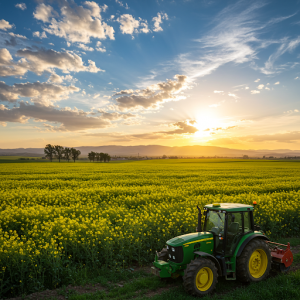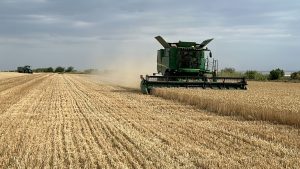
Paste Fericit 2025 – Happy Easter 2025
Dragi angajați, colaboratori, clienți și familiile voastre, Cu ocazia Sfintelor Sărbători de Paște, vă transmitem cele mai calde urări de sănătate, bucurie și prosperitate. Fie ca Lumina Învierii să vă aducă pace în suflet, armonie și multă fericire alături de cei dragi. Vă mulțumim pentru încrederea și colaborarea voastră și vă dorim un Paște binecuvântat! Cu stimă și considerație, BIO FARM CRUCEA STAFF





